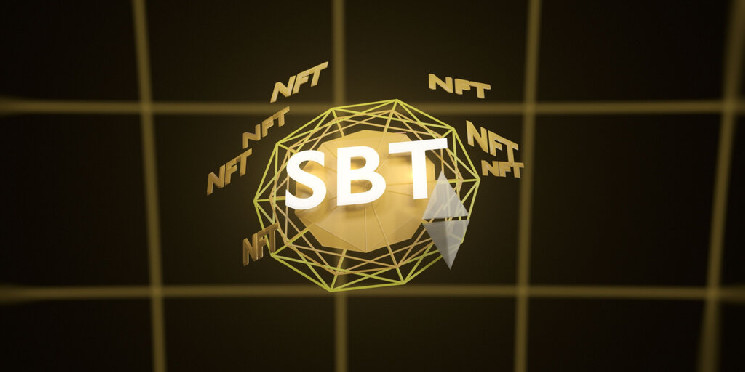Manta Network, a layer-1 blockchain running on Polkadot, has teamed up with Linea, a rollup-based scaling solution, to offer users zero-knowledge soulbound tokens (zkSBT).
Due to the inherent transparency of open blockchains, the team at Manta was to address one of the main concerns of cryptocurrency projects today, privacy.
“The problem we are trying to tackle here is so that verification is only limited to certain on-chain activities, rather than share all data to an app,” Manta Network co-founder Victor Ji told Decrypt.
He added that users won’t need to complete know-your-customer screenings, instead verifying their identity using Manta’s zkSBT solution.
Souldbound Tokens were first proposed by Ethereum co-founder Vitalik Buterin. They fucntion much like an $NFT, except they can’t be traded and are tied to the identity of a person or an entty. They could also be used for medical records or certificates.
Users will be able to mint the new zkSBTs starting today through Manta Network’s $NFT Private Offerings (NPO) platform, as long as they have completed one of two Linea $NFT campaigns.
These zkSBT’s will “offer users a decentralized, trustless, and private way to verify their real identities without compromising any information or data leakage about their on-chain activity,” the companies said in a statement.
The innovative tokens will use Linea’s zkPioneer–alongside a unique Manta innovation called Proof Key–to enable any Web2 or Web3 application (mobile or desktop) to verify user’s information without needing to connect to a wallet.
“We think mobile users have the largest [daily active users], but have the worst experience in crypto now, and we can enable them without a need to connect wallets to verify their on-chain and off-chain credentials” said Ji, stating the team’s main focus is socialFi and GameFi.
The risks are minimal, added Ji in an exclusive conversation with Decrypt, acknowledging users might have “private data leakage” although their assets on EVM addresses will still be safe.
Whether complete digital privacy is possible in today’s internet environment is a broad discussion, but Ji thinks it’s “not needed.” The need, according to him, is rather for “great UX for certain privacy use cases rather than a fully private smart contract platform with terrible interoperability.”
 decrypt.co
decrypt.co
